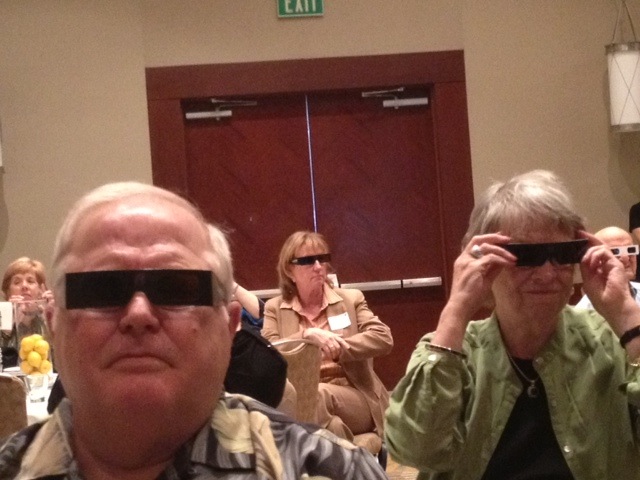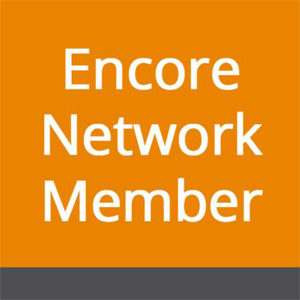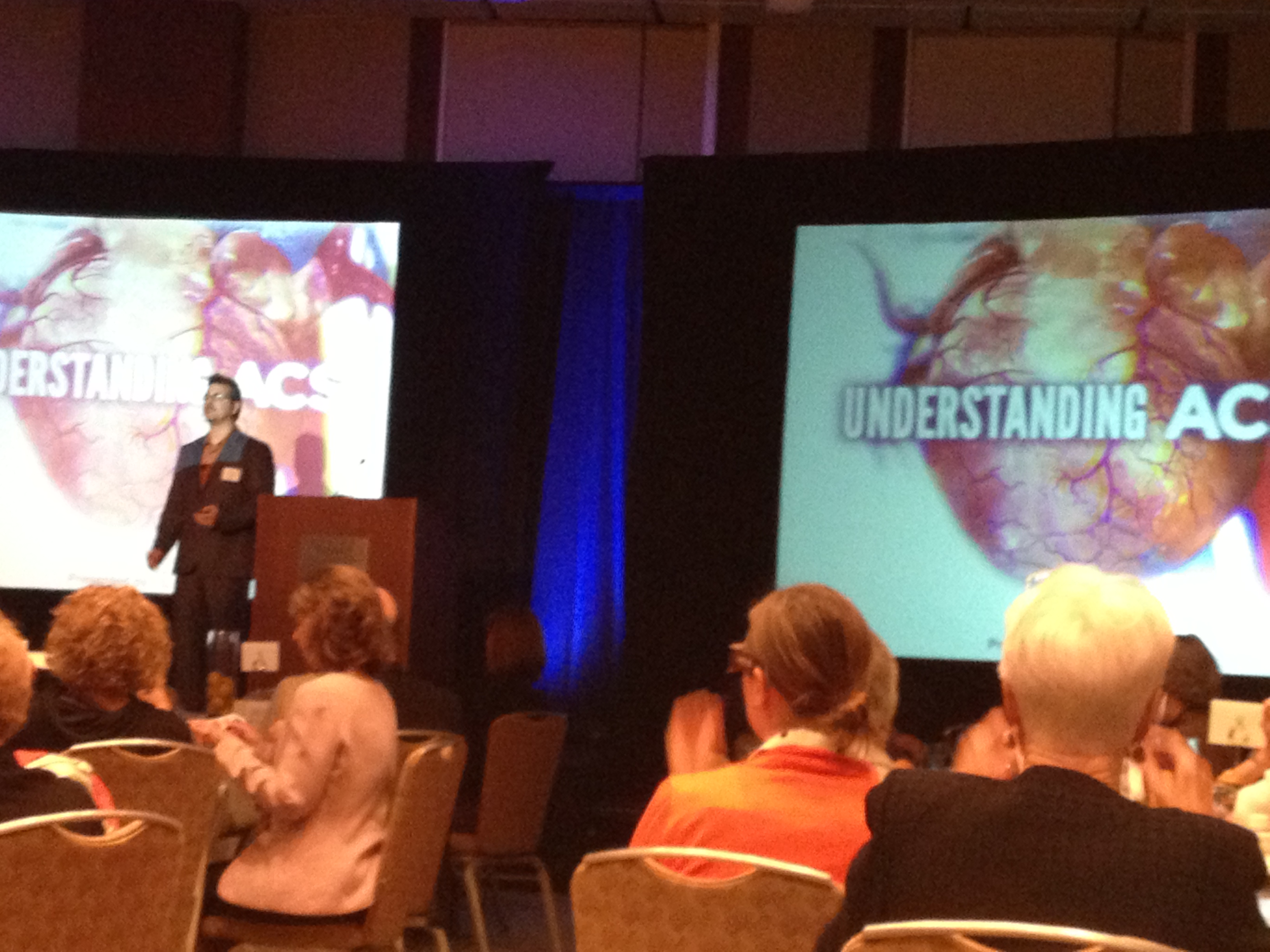On March 1, the Institute for The Ages held its fourth annual Winter Forum in Sarasota. The Institute for the Ages is a non-profit think and “do” tank in Sarasota that generates new ways of thinking and positive solutions for positive aging. One of their key goals is to create a mecca of creativity and innovation by providing input and test markets for new products and services that promote positive aging.
This year’s Winter Forum focused on “Technology and Connections in Positive Aging”. At the forum, national speakers talked about how new technology is improving the lives of older adults. Here are a few nuggets from some of these presentations:
- Steve Agritelley, Director of Research and Innovation at Intel Labs spoke about “Understanding Needs- Locally and Globally”. Intel did a global research project, (see PDF), that was focused on identifying the technology needs of the older population (age 60+). The project identified 8 set of common concerns and values for this population. Two big ones were enabling social connections and having a useful and meaningful life. Intel is creating technologies that meet those specific needs.
- Richard Adler- from the Institute for the Future talked about “The Technology of Empowerment and the Future of Aging”. His primary job explores the intersection of people and technology. He sees two major types of emerging technologies; 1) Assisted technology (i.e. enhanced hearing, vision, health monitors etc., 2) Technology of Empowerment- physical fitness, cognitive fitness, social networks, health support networks and caregiver network. He talked about how technology can be an equalizer and a key support tool for this age group.
- Paul Barker from Hallmark Digital spoke about ways that people and companies can bring emotional authenticity into technology. They are looking at how their products and services can help people move into the technology world through three different points of entry: head, heart and hand. Hallmark’s philosophy is to respect the older audience and adapt to their changing needs.
- Several companies shared their innovative products such as: 1) an in-home cellular hub and activity sensors that helps connect with those concerned about their loved ones. 2) The “Lively-Gram” that helps to create personalized mailers to grandparents using apps and the internet to create pictures and personal messages. 3) Jeff Hazelton, CEO of Lucid Global (local Sarasota start up company) showed us 3D Medical videos that enhance the way doctors communicate with their patients,

It was a great day of learning about so many different ways that technology is changing the way that we live our lives and connect with each other.
I walked away with a few key take-ways from the conference. First, it is good to see so many companies that are focusing on the Baby Boomer plus age group and their specific needs. Several presenters emphasized they were creating technology that would adapt to their preferences/ comfort zone. I also believe one of the biggest challenges and opportunities are around finding coaches, programs and resources to help the older generation take advantage of these new technologies!
What are your thoughts and ideas?
What have been some examples of new innovative products or technologies that address the needs of the new Baby Boomer generation? I would love to hear from you.
Bevan Rogel
Encore Tampa Bay



Thank you, Bevan. Your summary allowed me to miss the forum yet still benefit from your participation!
Your take on Richard Adler’s assessment of technology being an “equalizer and key support tool” for people as they age particularly resonated with me. It made me wonder about older people–that means us baby boomers AND the age cohorts who predate us on the age spectrum–using computer technology and internet-based resources to connect with peers to learn together, collaborate, and innovate to resolve shared challenges.
So much is possible if we followed the path laid out in Net Smart by Howard Rheingold (http://www.amazon.com/Net-Smart-How-Thrive-Online/dp/0262017458).
I would also love to hear more about Encore-rich communities and how they have changed the types of opportunities available to baby boomers and others for engaging in their communities to make money, have fun, and do good work (subtitle from Joline Godfrey’s book Our Wildest Dreams).
Please keep the conversation going, Bevan. We need to keep talking to understand the possibilities first.